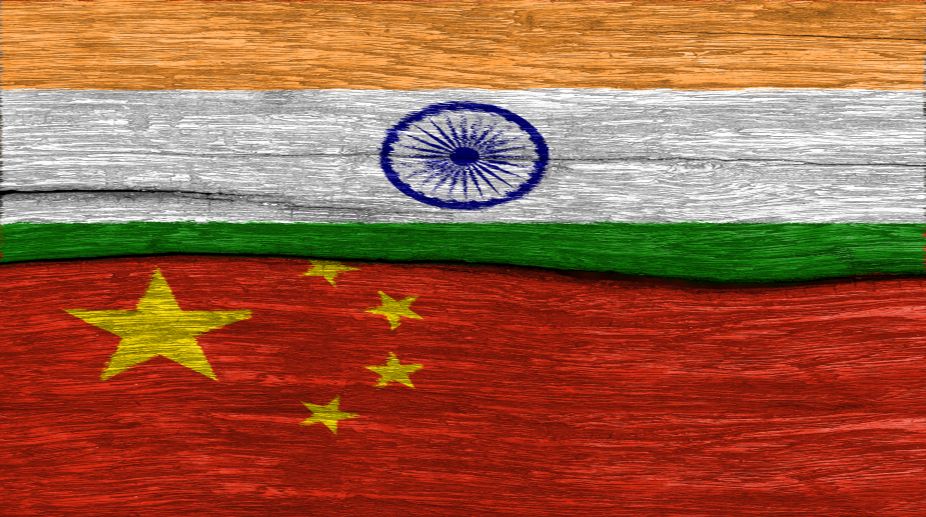China appreciates PM’s remarks on Sino-Indian ties
China on Monday appreciated Prime Minister Narendra Modi's ''positive remarks'' on Sino-Indian ties.

Representational Image (Photo: Getty Images)
There are little prospects of any ‘dramatic’ outcome emerging from the 20th round of talks between Special Representatives (SRs) of India and China on the lingering boundary dispute next week given the current state of bilateral relations.
The two-day meeting between the two SRs is to take place in New Delhi on 20-21 December. National Security Advisor (NSA) Ajit Doval and Chinese State Councillor Yang Jiechi are the designated SRs of the two countries for this mechanism, which was set up in 2003.
Advertisement
This will be the first meeting between the two SRs since the Doklam military stand-off earlier this year, which brought the two nations close to a full-blown conflict. It was largely due to behind-the-scenes parleys between Doval and Yang that the two countries were able to resolve the deadlock at Doklam after an over 70-day stand-off.
Advertisement
Top civil and military officials of the two countries had met in Beijing in November under the rubric of working mechanism for consultation and coordination on the border issue and reviewed the situation in all the sectors apart from exchanging views on enhancing CBMs and military contacts.
Officials familiar with Sino-Indian ties said both Doval and Wang have established a fine working relationship between them and their meeting, even if it does not produce dramatic results, would certainly help in further bringing down the temperature in the bilateral relationship after the talks between External Affairs Minister Sushma Swaraj and her Chinese counterpart Wang Yi on the margins of the Russia-India-China (RIC) Foreign Ministers’ meeting here earlier this week.
However, New Delhi has not taken kindly to the statement put out by the Chinese Foreign Ministry on the talks between the two foreign ministers, especially its description of Indian troops’ action at Doklam as ‘illegal crossing’ of the border. Indian troops had done what they were expected to do in the face of attempts by Chinese troops to undertake road construction activity in violation of the status quo at the tri-junction between India, China and Bhutan, officials said.
Meanwhile, Beijing’s growing influence in India’s immediate neighbourhood, particularly the Maldives, seems to have become a cause of concern for the foreign office mandarins.
The Maldives recently signed a Free Trade Agreement (FTA) with China, showing its clear preference for Beijing as compared to India. With its economic clout, China is now aggressively pushing for similar trading arrangements with other countries like Nepal and Sri Lanka.
In Sri Lanka, China has already increased its strategic stake by acquiring the strategic Hambantota port on lease for 99 years. India is also keeping a close eye on the developments in Nepal which recently elected a pro-Chinese Left bloc government.
Advertisement